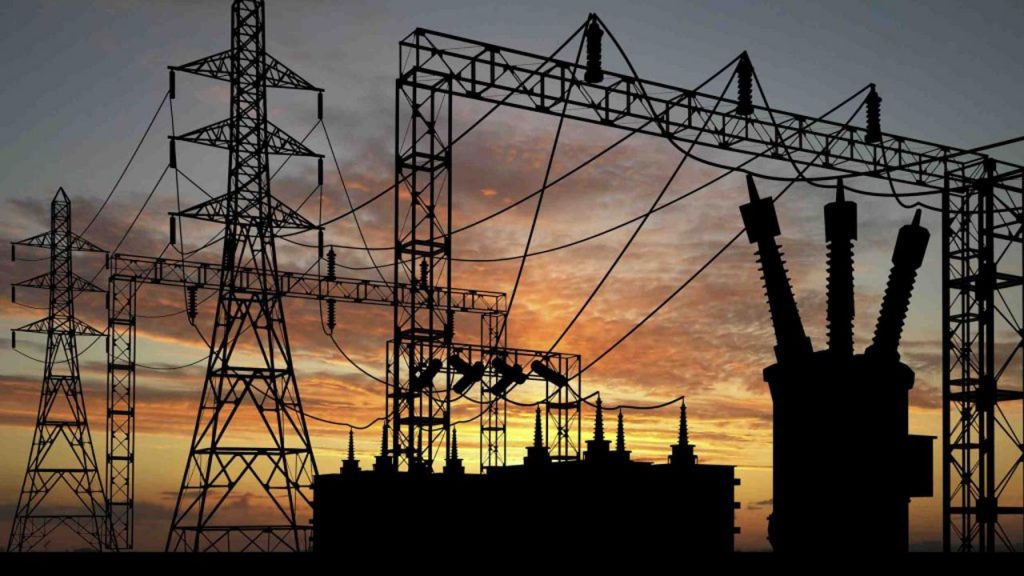Information and communications technology company, Huawei, has said that African ports can benefit enormously from digital transformation and the adoption of smart systems.
In a recent statement seen by The PUNCH, the company said that digitizing the African port system would keep the supply chain smooth.
The statement further said that digitizing the continent’s ports system was a logical solution to meeting the increased demand for freight transport volumes.
The statement read in part;
“Digitisation of Africa’s ports is a logical solution to meet the increasing demand of increased freight transport volumes and as well enhance Africa’s trade efficiency, investment attraction, and bring about huge economic and social development.”
According to the statement,
“Only a few of the ports in Africa operate optimally due to lack of a fully integrated rail and road system which enables all of the operational elements to speak to each other, and for freight and logistics companies to monitor the progress of their goods.”
The statement stressed that fully-connected road, rail, air, and port models would position African port operations at the forefront of smart, safe, and environmentally-sound hubs for the export and import of goods on which the continent rested.
The statement quoted the Vice President, of Huawei Southern Africa region, Yang Chen, to have said that the African Continental Free Trade Area agreement was another important reason to increase port efficiencies.
And raise regional trade while improving port operations through a digital transformation that would further enable Africa to integrate into global markets.
He said,
“With 38 of its 54 states being coastal or island states, it is no surprise that Africa is home to over 100 port facilities, including massive terminals in Durban, Port Elizabeth, and Cape Town in the south, and Mombasa and Dar es Salaam in the east, and Lagos in the west. Ninety percent of Africa’s imports and exports travel by sea.
The volume of trade through these ports is enormous with South Africa alone in pre-pandemic 2019 handling almost five million Twenty-foot Equivalent Units with just over 9 000 ship calls nationally.
“However, few of these ports operate optimally, lacking a fully integrated rail and road system which enables all of the operational elements to speak to each other, and for freight and logistics companies to monitor the progress of their goods. Manually operated loading and offloading at the ports is fraught with potential dangers and delays and the entire sector is therefore failing to extract the most out of what could be a far more lucrative freight economy.”
Chen reiterated that ports must operate every single day, and delays in any part of the process of arrivals and departures, shoreside operations, horizontal transport, yard and gate operations, and tractor-trailer transport could result in enormous financial loss.
CONTINUE READING…
Do you have any information you wish to share with us? Do you want us to cover your event or programme? For Adverts or reports call/WhatsApp us on +2348072633727




